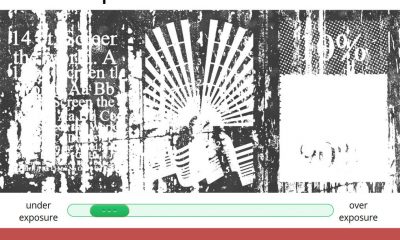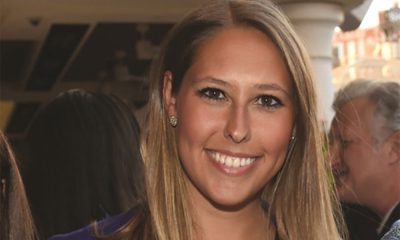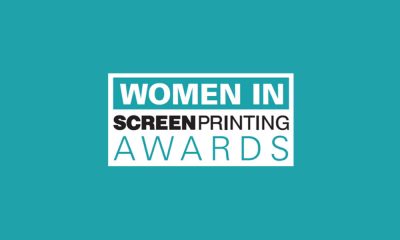WHAT HAPPENS when a Fortune 500 Company calls in need of a minority-owned business to print 300,000 shirts in 14 days for the Black Lives Matter movement in the middle of a pandemic? Just ask Kesney and Dawaud Muhammad of Big Printing Textile Co. (bigprintingonline.com) in San Leandro, California. This summer the Black, family-owned printing and embroidery business received their largest purchase order in their 20-year history.
But first, let’s go back to February. At ThreadX, screen printers from around the globe met in Scottsdale, Arizona, to discuss business, learn new techniques, and engage in networking. It was there Kesney met Ted Pidcock, owner of Chillybears, based in Needham, Massachusetts. A few months later, Ted reached out to Kesney to let her know his friend and industry peer, Adam Cohen of Atlas Embroidery and Screen Printing in Fort Lauderdale, Florida, was in search of a Black screen printer for a huge project for his biggest client. Kesney and her team decided to connect with the Fortune 500 Company for more information. The Black Lives Matter shirts were to show the company was standing in solidarity with the movement. For Kesney, the economic impact and inclusion of their Black-owned business was something that could take them to the next level.
The decision to move forward wasn’t easy. Kesney says it was emotionally and mentally draining. Is this a step in the right direction for their business? Is Big Printing just being used as the token Black shop? Is this company simply checking a box and moving on?
“We contemplated not taking the job. The PR on this company was so bad,” says Kesney. “Our customer base is unapologetically Black and we didn’t want to appear as a sellout for this job… This could ruin our reputation.”
Big Printing went back to the Fortune 500 Company and asked not only if this was a one-time situation, but would they have the opportunity to submit bids to projects unrelated to BLM and be added to their vendor list? “We knew they needed to satisfy their customers and employees with a Black printer, and we were the only company that size that could do it,” says Kesney. Plus, it was a time-sensitive situation. “We knew we had to get on board because we had to roll this out as a step toward social justice reform.” So, they took a deep breath, prayed about it, signed a detailed NDA, and got to work.
“The original order was for 300,000 shirts, but all we could handle was 100,000 with 300,000 impressions in 14 days,” says Kesney. Because the BLM project was so large – the biggest order they had completed so far was for 55,000 shirts – Big Printing had to outsource their regular jobs. They sub-contracted their existing customers to other minority printers, including Blue Chip Tees, Krucial Printing, Awesome Printing, and Star Printing.
Advertisement
Because of this job, Big Printing doubled their size to more than 12,000 square feet; increased their staff by 25 percent; purchased a new Epilog laser, a new Brother GTXPro Bulk industrial direct-to-garment printer, and more Barudan embroidery machines; and paid off their roq.us press. This expansion is something Big Printing had tried to accomplish for years through bank loans, but they were denied along the way. When they expanded their business in 2005, they were also denied a loan. Kesney instead had to borrow her parents’ retirement money to automate their shop for growth. For the BLM project, Kesney and Dawaud needed an initial loan to start the process, but they were told no by their bank. Damir Gajiani of Tee Styled, who they met at ISS Long Beach earlier this year, gave them the shirts on a handshake deal, because he saw the potential.
Minorities have been denied the ability to build wealth time and time again throughout US history. Most African Americans, Hispanics, and Native Americans were dismissed during the prosperity of the 1950s, which included new cars, suburban houses, and other consumer goods due in part to the racially discriminatory G.I. bill. “The wide disparity in the bill’s implementation ended up helping drive growing gaps in wealth, education, and civil rights between white and Black Americans,” according to history.com. The Report to the Congress on the Availability of Credit to Small Businesses by the US Federal Reserve states more than half of companies that have Black owners were turned down for loans, which is twice as high as white business owners. The report also found that even though Black-owned companies were most likely to have applied for bank financing, less than 47 percent of those applications were fully funded.
Kesney believes this job is a step in the right direction for economic inclusion because of what it’s done for her business and the trickle-down effect for other minority-owned businesses. “Before, we may not have had the capacities to handle a PO that big,” says Kesney. Now, with their foot in the door and a massive job on their resume, Big Printing is equipped for what’s next.
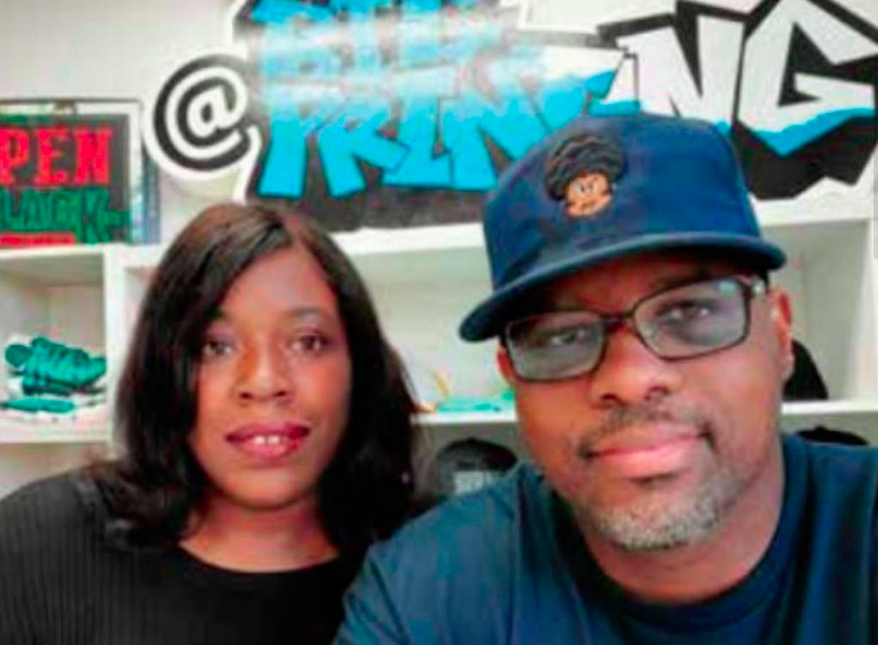
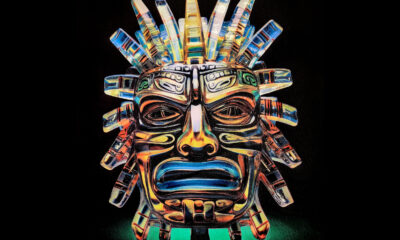
 Case Studies2 months ago
Case Studies2 months ago
 Art, Ad, or Alchemy2 months ago
Art, Ad, or Alchemy2 months ago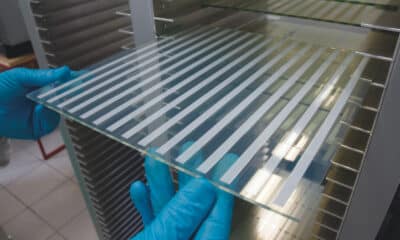
 Andy MacDougall2 months ago
Andy MacDougall2 months ago
 Columns3 weeks ago
Columns3 weeks ago
 Editor's Note3 weeks ago
Editor's Note3 weeks ago
 Marshall Atkinson3 weeks ago
Marshall Atkinson3 weeks ago
 Thomas Trimingham2 months ago
Thomas Trimingham2 months ago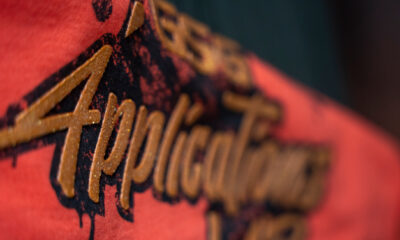
 Case Studies3 weeks ago
Case Studies3 weeks ago
